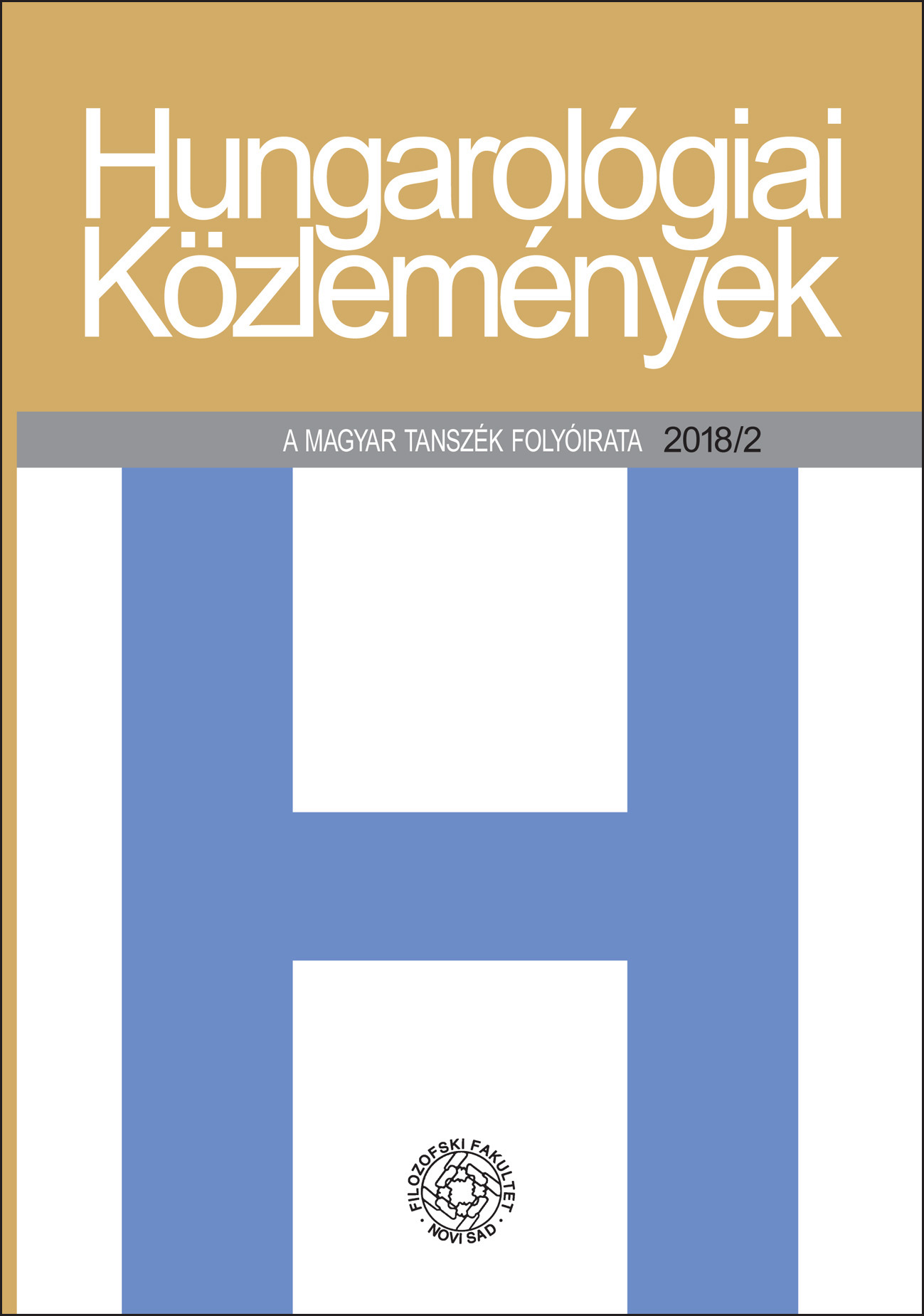Magyar bestsellerek, irodalmi (világ)-sikerek a két világháború között
Hungarian Bestsellers Between the Two World Wars
Author(s): Erika BenceSubject(s): Hungarian Literature
Published by: Филозофски факултет, Универзитет у Новом Саду
Keywords: Markovits legend; POW novels; First World War; reissues
Summary/Abstract: In the field of Hungarian literary publishing the centenary of the outbreak and the events of the First World War turned attention primarily to authentic diaries and diary novels. This was an opportunity to publish correspondence and diaries previously kept in private heritage collections and as archival materials (e.g. Countess Ilona Andrássy’s diary and correspondence, as well as several military diaries edited by Béla Csorba and Károly Ökrész). The same trend lifted out of oblivion a few, once popular but then forgotten, WW-I prisoner-of-war novels, first of all, Szibériai garnizon (Siberian Garrison) (1928) by Rodion Markovits. A Hungarian bestseller of unprecedented success, followed by the author’s literary fall, is still an unexamined phenomenon of Hungarian literary history. The failed success of Aranyvonat (Golden Train) has so far been attributed predominantly to the dislike fuelled by the author’s personality and conduct. However, if the stories of these novels are separated from the Markovits legend, and if they are viewed in the context of the European and Hungarian novels created and read in the 1930s, several similar or the same phenomena can be noticed. This study analyses and interprets in this relation the contemporary reception of Rodion Markovits’s Szibériai garnizon (Siberian Garrison), and compares it to examples of Hungarian literature in Vojvodina also inspired by the Great War, such as those by Artúr Munk, Gábor Darvas or István Szabó–Dezső Andrée.
Journal: Hungarológiai Közlemények
- Issue Year: 19/2018
- Issue No: 2
- Page Range: 34-55
- Page Count: 22
- Language: Hungarian

